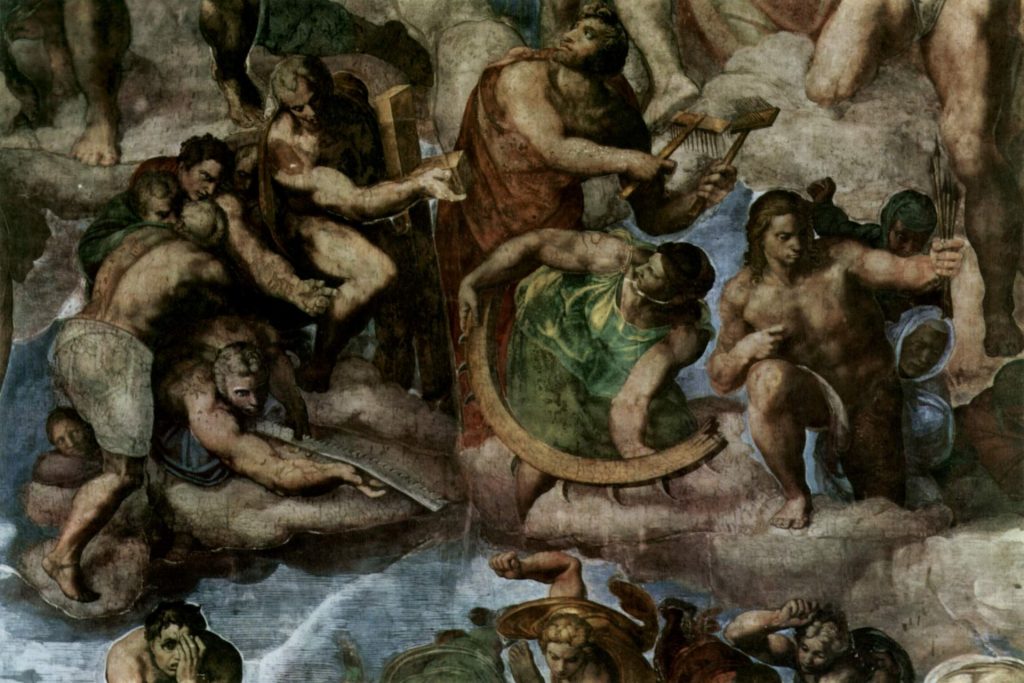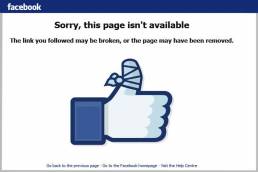The unsustainable and eternal stupidity of the censorship algorithm
Censorship always derives from a paternalistic and offensive vision of the people: from “Braghettone” to Facebook, its mechanisms have always remained the same
Ever since men have given themselves laws and forms of government, two opposing visions of society have always opposed each other: one is the one that considers the governed as children, incapable of fully understanding, and places them under the paternalistic protection of the rulers.
The other, on the contrary, holds that each individual is able to choose his own frequentations, alliances, civil rules, assuming, of course, the responsibilities.
In modern times, one of the main tools of the paternalistic vision of society has become censorship: in short, it represents a sort of preventive barrier to the corruption of customs, through which protection is applied to a population of allegedly incapable people by those in power.
This could also work, if the people were really incapable and those who rule were really a superior entity.
The Presidency of the Helvetic Confederation from 1848 to today
Swiss monuments? A “hidden” treasure to be exploited…
Athenian democracy? Revive between Glarus and Appenzell…

What counts is the defense of privileges and the conservation of power?
Since, vice versa, very often the rulers are simply worse than the ruled, censorship becomes a tool, stupidly stubborn, of conservation of power and defense of privileges. When not, explicitly, a form of pure harassment of dissent.
The key word, in any case, is ‘stupidity’: censorship is stupid, it adopts stupid methods and almost always denounces the stupidity, albeit cloaked in cunning, of those who conceive it.
Let’s take the example of certain social networks, where a relentless algorithm snaps to delete images or headwords that lead back to topics considered unacceptable by administrators: for example, references to National Socialism.
Of course, to think that a picture of Hitler or Degrelle could induce a reader to convert to the evil Nazi doctrines is already a nonsense, which shows in an offensive way the low consideration that these administrators have towards their users.
Switzerland and the “fantastic four” of direct democracy
The Ethics of Competitiveness and the Spirit of Federalism
Waldstätte and the “forest” cantons at the dawn of Switzerland…

If critical thinking is hostage to a switch…. “on”/”off
But let’s admit that this kind of prophylaxis makes sense: entrusting it to a mathematical mechanism, which opens or closes a switch on command, without any critical filter, is not only the stupidest thing imaginable, but it is also fiercely illiberal, dramatically primitive.
And yet, in the highly civilized Western world, that is exactly how censorship works: entirely uncritically. The publication of an articulate and enlightening speech on the threat of fascist regurgitations in the western society, if accompanied by an illustrative iconography that refers to the execrated Ventennio, will be implacably rejected by the algorithm.
Which, in a way, would be like making a microwave oven comment on the Platonic “Politeia”.
So, let’s not laugh at the underpants painted by Braghettone on Michelangelo’s nudes, in the sixteenth century: today, censorship works even worse. And we think we are free.







